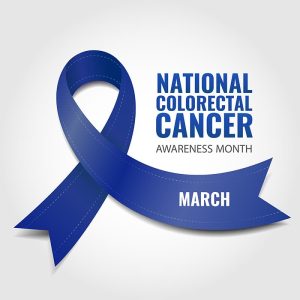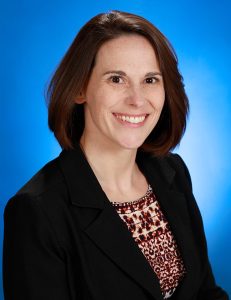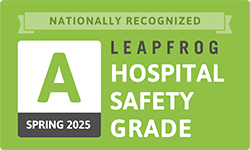Know the Risk Factors of Colorectal Cancer

March is National Colorectal Cancer Awareness Month, a time to raise awareness about this disease affecting more than 140,000 Americans annually. Colorectal cancer, or CRC, is the second deadliest cancer in the United States, but it can be prevented or detected early with regular screening starting at age 45.
Did you know some people have a higher risk of developing CRC due to inherited genetic factors? About 5 to 10 percent of cases of CRC are directly linked with inherited genetic mutations that increase the risk of cancer and may even affect how the cancer is treated. These mutations can be passed down from parents to children and cause hereditary colorectal cancer syndromes such as Lynch syndrome, familial adenomatous polyposis (FAP) syndrome or MUTYH-associated polyposis (MAP) syndrome.
Some red flags that may indicate a possible hereditary cancer risk in your family include:
- Having one or more relatives diagnosed with CRC before age 50
- Having one or more relatives with multiple primary cancers (such as two separate colon cancers or colon and uterine cancer)
- Having multiple relatives on the same side of the family with CRC or related cancers (such as uterine, ovarian, stomach, small bowel or pancreatic cancers)
- Having a personal history of 10 or more pre-cancerous colorectal polyps found during a colonoscopy
If any of these red flags apply to you or your family members, talk to your healthcare provider about getting a referral to a genetic counselor. A genetic counselor can help you understand your risk of CRC, guide you through the process of genetic testing if appropriate, including explaining what the results mean for you and your family members, and provide support and recommendations for cancer screening and prevention.
Knowing your family history may help you prevent or detect CRC early. Remember, knowledge is power when it comes to fighting colorectal cancer!
For more information about cancer genetic counseling at Saint Francis, call Melanie Baxter, CGC, Certified Genetic Counselor, at 573-331-5690, or ask your healthcare provider for a referral to cancer genetic counseling.


